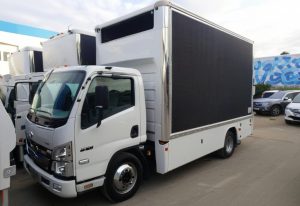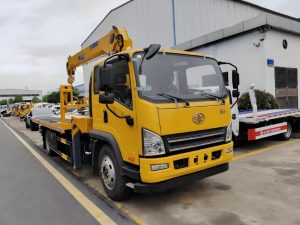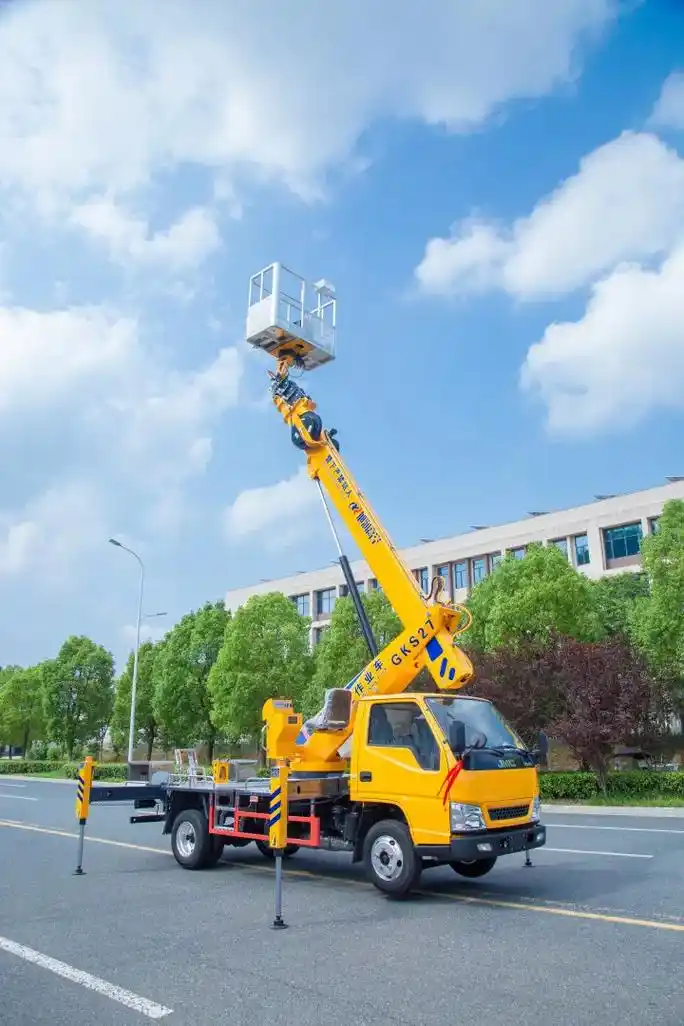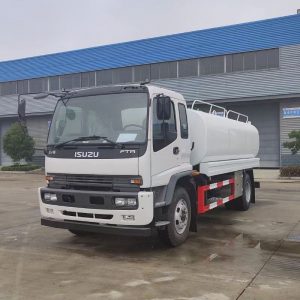Table of Contents
Toggle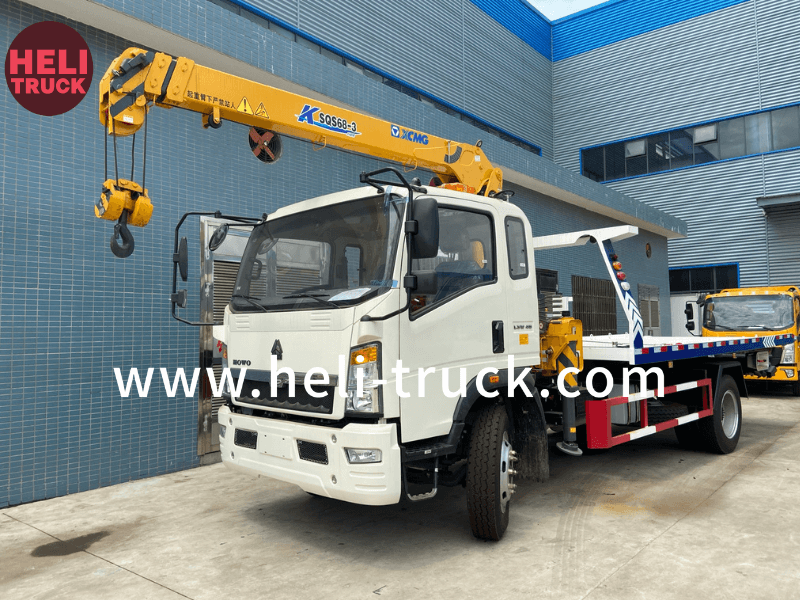
You’re driving home after a long day, the sun is setting, and you’re thinking about what to have for dinner. Suddenly, your car starts making strange noises, and before you know it, you’re stranded on the side of the road. Panic sets in, right? But then you remember that there’s a lifeline available – the trusty tow truck. These unsung heroes of the road are often overlooked until we desperately need them. So, let’s dive into the fascinating world of tow trucks and explore their vital role in keeping our roads safe and functional.
What Exactly is a Tow Truck?
Tow trucks are specialized vehicles designed to transport disabled, improperly parked, impounded, or otherwise indisposed vehicles. They come in various shapes and sizes, each tailored to specific towing needs. Whether it’s a small car that’s run out of gas or a heavy-duty truck that’s been in an accident, there’s a tow truck ready to come to the rescue.
The Different Types of Tow Trucks
Ever wondered why some tow trucks look different from others? It’s because there are several types, each serving a unique purpose. Here’s a breakdown:
1. Flatbed Tow Trucks
These are perhaps the most commonly recognized tow trucks. A flatbed truck has a large, flat platform on the back that can be hydraulically inclined and lowered to ground level. This allows vehicles to be driven or winched onto it. Flatbeds are perfect for transporting luxury or vintage cars since they ensure minimal contact with the road.
2. Hook and Chain Tow Trucks
These old-school tow trucks use chains to lift one end of the vehicle while the other end remains on the ground. While they’re not as common today due to potential damage to the vehicle being towed, they’re still used for junked or wrecked cars.
3. Wheel-Lift Tow Trucks
Think of these as the modern cousin of hook and chain trucks. They use a metal yoke that hooks under the front or rear wheels of the vehicle. A hydraulic lift system then raises the vehicle off the ground. These trucks are often used for short-distance tows.
4. Integrated Tow Trucks
These bad boys are designed for heavy-duty tasks like towing buses or other large vehicles. They have extra axles and a stronger arm embedded into the core of the truck, allowing them to handle heavier loads with ease.
The Evolution of Tow Trucks
Did you know that the concept of the tow truck dates back to 1916? It all started with Ernest Holmes Sr., who created the first tow truck in Chattanooga, Tennessee. Inspired by the difficulty of pulling cars out of ditches using ropes and manpower, Holmes rigged up his 1913 Cadillac with cranes and pulley systems. This invention revolutionized roadside assistance and set the stage for future developments.
The Role of Technology in Modern Tow Trucks
Today’s tow trucks are technological marvels compared to their early 20th-century counterparts. Advanced GPS systems allow operators to find stranded motorists quickly and efficiently. Hydraulic systems have replaced manual winches, making it easier to lift heavy vehicles. Plus, many modern tow trucks come equipped with cameras and sensors, ensuring safer and more precise operations.
When Do You Need a Tow Truck?
It’s not just about breakdowns! Here are some scenarios where a tow truck might be your best friend:
- Accidents: After a collision, a tow truck ensures your damaged vehicle is safely transported.
- Breakdowns: Whether it’s a flat tire, dead battery, or engine failure, a tow truck can get you and your car to safety.
- Illegally Parked Vehicles: Cities often use tow trucks to remove cars parked in no-parking zones.
- Long-Distance Transport: Moving to another state? A flatbed tow truck can safely transport your vehicle over long distances.
- Vehicle Recovery: If your car is stuck in mud, snow, or a ditch, specialized tow trucks can help retrieve it.
How to Choose a Towing Service
Selecting the right towing service can make a stressful situation a bit more manageable. Here are some tips:
1. Check Their Reputation
Word-of-mouth recommendations and online reviews can give you a good idea of a company’s reliability and service quality.
2. Verify Their Credentials
Ensure the towing service is licensed and insured. This protects you from any liability in case something goes wrong during the towing process.
3. Ask About Their Equipment
Different situations require different types of tow trucks. Make sure they have the right equipment for your specific needs.
4. Inquire About Costs
Nobody likes surprise charges! Ask for an upfront estimate and make sure there are no hidden fees.
Tow Truck Drivers: The Unsung Heroes
Behind every tow truck is a skilled driver ready to assist you at any hour. These professionals undergo rigorous training to handle various scenarios safely and efficiently. They’re not just drivers; they’re mechanics, problem-solvers, and sometimes even life-savers.
Common Misconceptions About Tow Trucks
There are several myths surrounding tow trucks that need debunking:
- Tow Trucks are Only for Emergencies: While they’re essential in emergencies, tow trucks also provide services like transporting cars long distances or moving non-operational vehicles.
- All Tow Trucks are the Same: As we’ve discussed, different types serve different purposes.
- Tow Truck Drivers Overcharge: While there are always exceptions, most reputable companies offer fair pricing and transparent billing.
The Future of Tow Trucks
As technology continues to advance, so will tow trucks. We might see fully autonomous tow trucks on our roads sooner than we think! These innovations could make roadside assistance even more efficient and safer for both drivers and operators.
Conclusion
Tow trucks are an indispensable part of our transportation ecosystem. They rescue us from tricky situations, ensure our roads remain clear and safe, and transport our beloved vehicles when needed. The next time you see a tow truck, give it a nod of appreciation – it’s one of those things you don’t realize you need until you really need it.
FAQs
1. How much does it typically cost to hire a tow truck? The cost can vary depending on factors like distance, type of vehicle, and location. On average, you might expect to pay between $75 to $125 for a short-distance tow.
2. Are there any limitations on what tow trucks can transport? Yes, most tow trucks have weight and size limits. For instance, a standard wheel-lift truck might not be able to tow heavy-duty vehicles like buses or large trucks.
3. How can I ensure my car won’t be damaged during towing? Choose a reputable towing service with good reviews and proper licensing. Opt for flatbed towing if you’re concerned about potential damage, especially for luxury or vintage cars.
4. What should I do if my car breaks down on a busy highway? First, try to pull over to a safe location if possible. Turn on your hazard lights and call for roadside assistance immediately. Stay inside your vehicle until help arrives for safety reasons.
5. Can tow trucks assist with minor repairs? Some towing services offer minor roadside repairs like tire changes or jump-starts. However, for more significant issues, they’ll likely need to tow your vehicle to a repair shop.
And there you have it – an in-depth look at the world of tow trucks! Hopefully, this article has given you a newfound appreciation for these essential road warriors and their operators. Safe travels!


